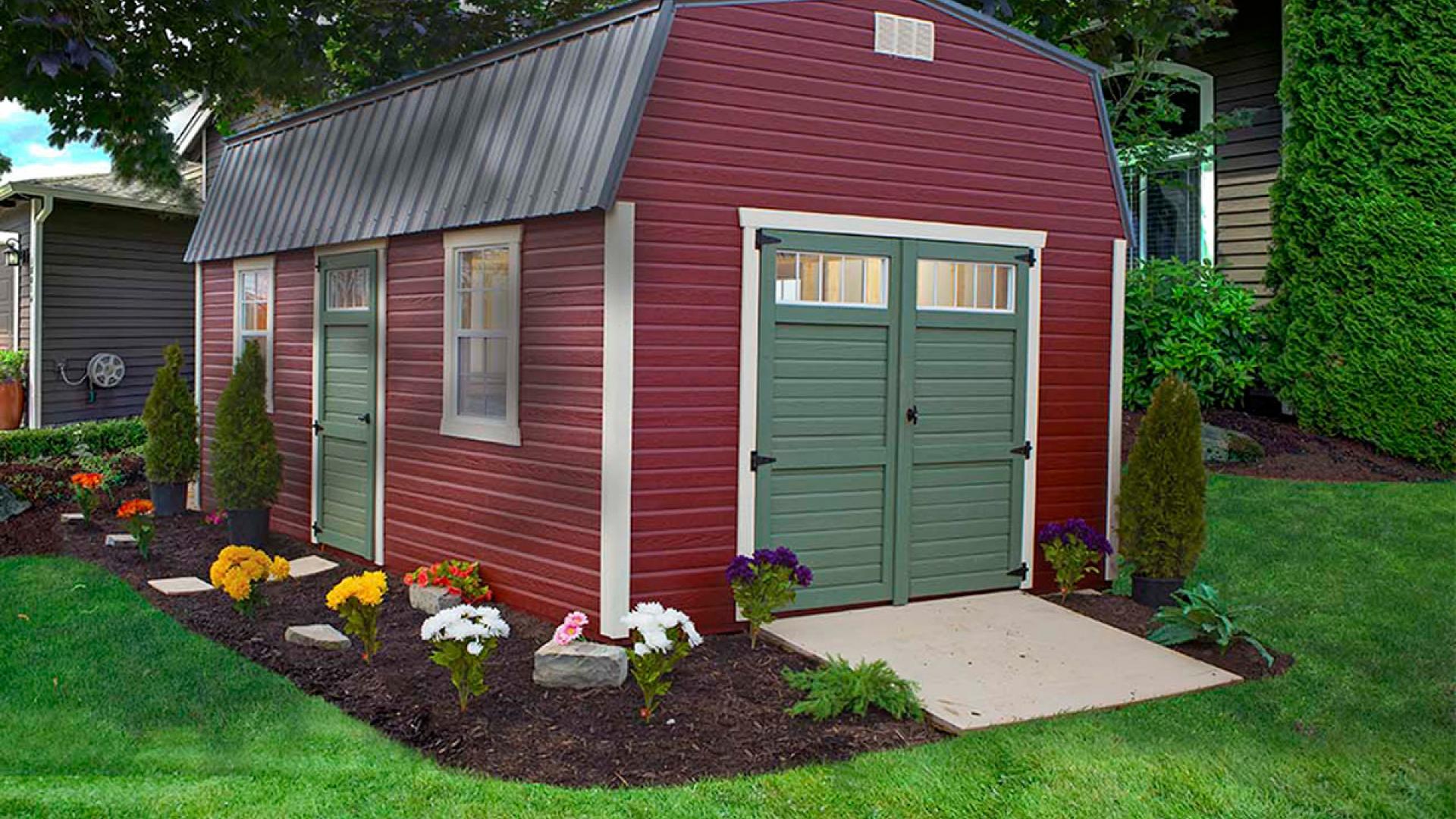Getting a storage shed in your yard is not as simple as buying one, getting it delivered and built, then filling it with all of your tools and equipment. There are a few bureaucratic hoops you have to jump through to make certain your soon-to-be shed is up to the regulations set out by the county you live in.
There are legal requirements and documents that outline all types of zoning requirements; from commercial property to residential. Zoning laws and specific requirements vary depending on what type of property you own. For our purposes, we will be looking at zoning requirements for sheds, sometimes referred to as “accessory buildings” in most zoning documents.
Size Restrictions
While maximum shed size varies across counties, it is important to check with your local government before you decide to start building your storage shed. Some places don’t require a permit if it’s smaller than the designated square footage, and others require a permit regardless of size. Height restrictions are also something to watch out for with your prospective shed. Some places will restrict you to a maximum height of 15 feet.
Use of Electricity
If you are looking to run electricity into your shed, you will most likely have to acquire a permit for that. Most municipalities may not allow running electricity into a shed without proper installation and inspection to make sure everything is running safely and efficiently. Doing this without a permit and professional installation can be hazardous and a potentially costly risk to take.
Location
While it might feel overly restrictive to be told where you can and can’t place your storage shed on your property, you have to adhere to these laws or risk not being approved to build. Regulations include but are not restricted to; distance from property lines, fences, or even as specific as your shed’s proximity to trees.
Some of these regulations might seem a little arbitrary, but keep in mind that they were written for safety. Another location-based factor to consider is where you live and how that might affect your ability to place a storage shed in your backyard. If you live in a Historic Preservation District, for example, the process could involve more restrictions and paperwork than you might think.
While it may seem frustrating in the moment, doing all of this work and adhering to all of these extra restrictions, when all you want to do is build a shed in your yard, following these rules will save you from headaches down the road.
Community HOA Requirements
If you are part of a Homeowners Association, they will have their own set of restrictions and regulations that you are legally required to adhere to on top of the zoning laws that the county has. This can get a bit tricky, but to avoid fines both from the HOA and the county, you should follow both of their requirements as closely as you can.
If your county says your shed can’t exceed 200 square feet, but your HOA says 150 is the max square footage, then you should stay within the 150 just to be safe. Additionally, your county will likely not care too much about what color you paint your shed, but your HOA probably might.
Homeowners Associations focus on preserving the property value of homes within the community, so they tend to be quite strict on the visual aspect of sheds. This leads them to enforce restrictions on color, style, and material of shed - even going as far as to make sure the shed matches the primary residence in as many ways as possible.
Painting a shed lime green won’t fit most HOA's vision of their community, so they will be quick to stop those types of creative decisions from being made in the first place. As long as you keep both your HOA and the county’s laws and restrictions in mind when planning your shed, you might have extra paperwork to fill out, but you won’t have any legal issues.
Building a storage shed is a big investment, and it would be worthwhile to take the extra time to do your research on what is - and isn’t - allowed. Keep track of what requires permits, and what types of documents you need to present when you apply for your shed.
Ready to find your dream shed? Check out what Country Cabins has to offer and get a free quote today!

